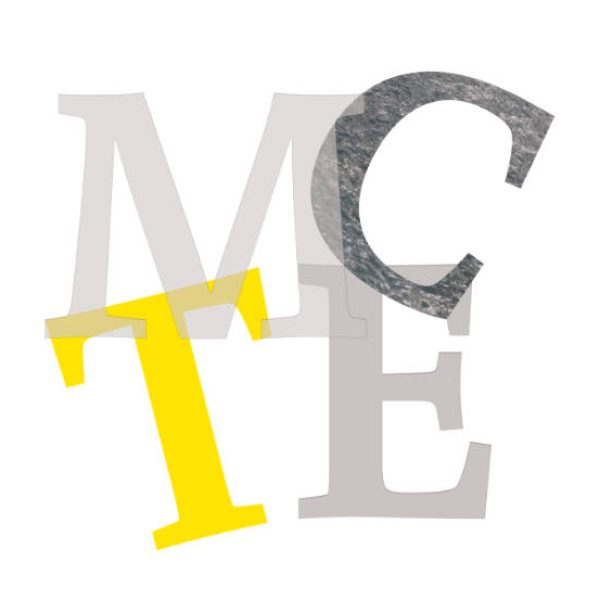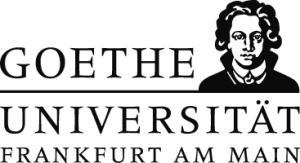Moving Cultures, Transcultural Encounters
Tea Sindbæk Andersen and Jessica Ortner (University of Copenhagen)
Mnemonic Migration – Transcultural Circulation and Reception of Post-Yugoslav War Time Memories
Tuesday 08 June | 6 pm | online via Zoom | click here to register
The idea that mnemonic media have the capability to make recipients adopt other people’s memories is central to memory studies. The successful transmission of memories does not only depend on persuasive communication, but most crucially on the process of reception. Indeed, reception is of special concern to transcultural memory studies exploring how memories move across cultural and national boundaries. This lecture presents our investigation into readers’ reception of literature by authors with a Yugoslav migrant background writing about the 1990s war in Bosnia. Using focus group discussions and individual interviews as means of investigating readers’ reactions to this literature, we explore literature as a medium that makes memories travel. We introduce the concept of mnemonic migration to include both the narrative strategies employed by migrant authors in order to represent their memories in new social settings, and the reception of this type of literature in three national frameworks of memory – Denmark, Germany, and England. We will present our preliminary findings about the texts’ capability to represent Bosnian wartime memories in an emotionally appealing manner that urges readers to incorporate them into their own stock of memories, constituting perhaps what Alison Landsberg has called ‘Prosthetic memory’. Furthermore, we will show how one and the same literary text led to different kinds of reactions in different social frameworks.


